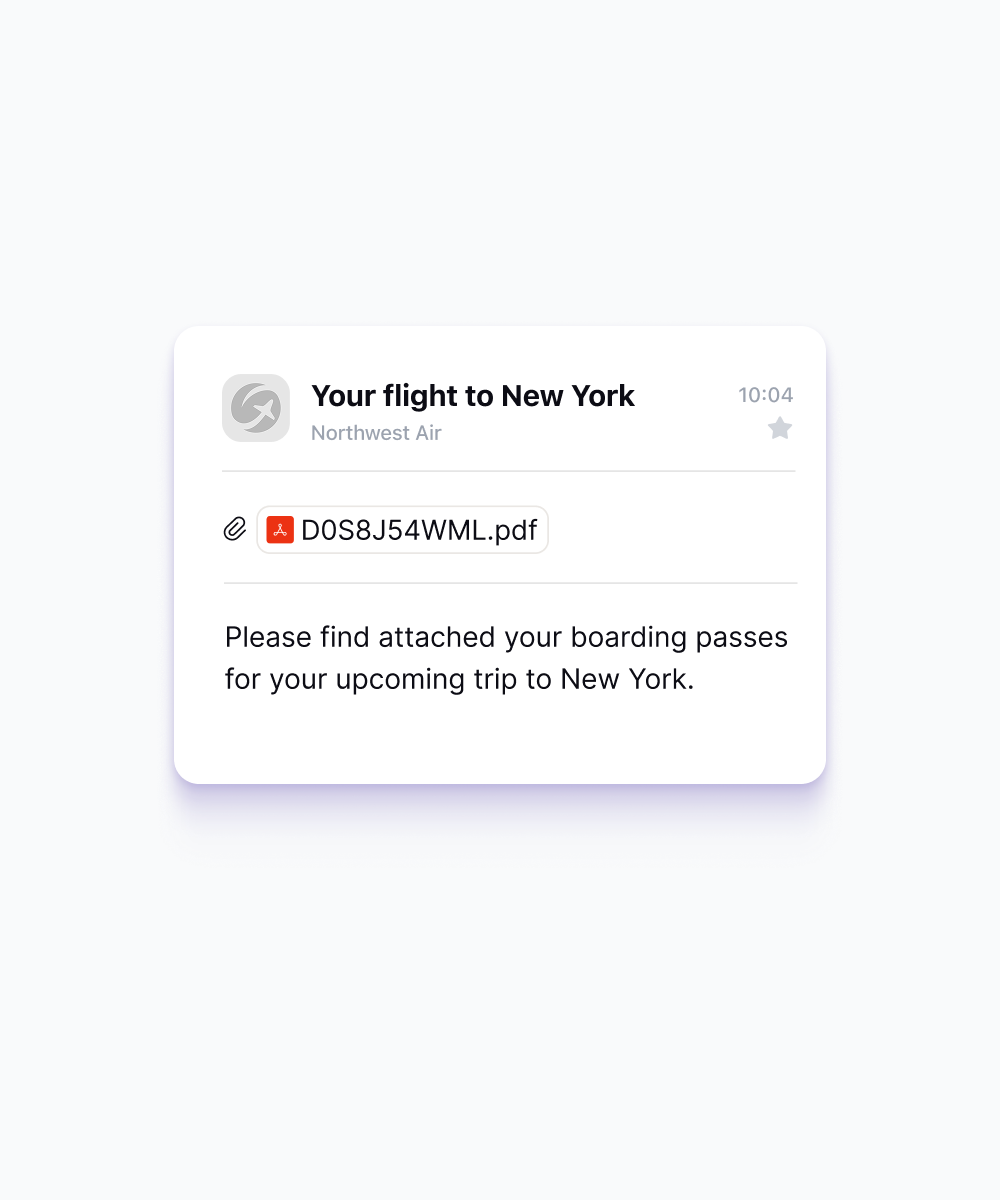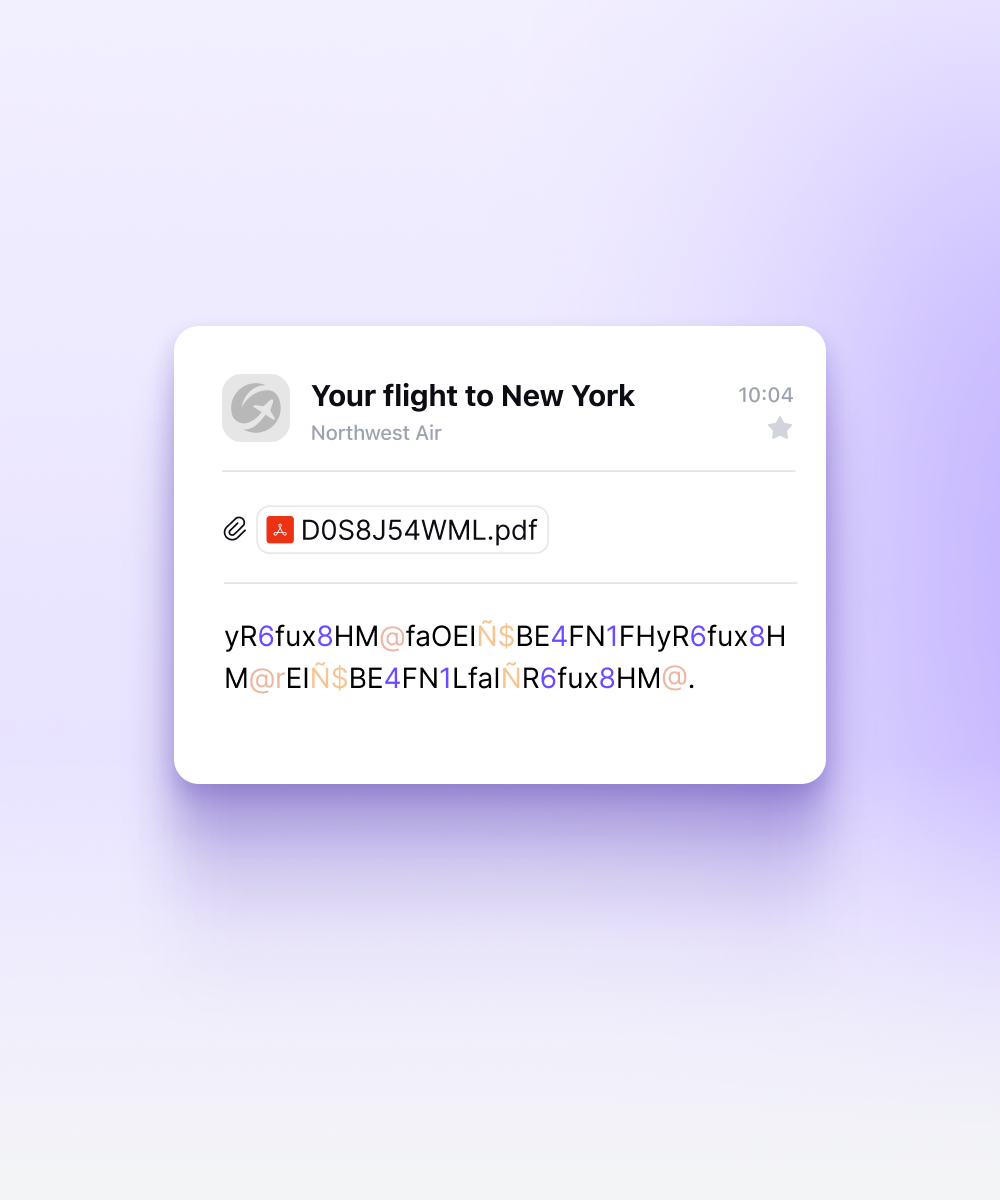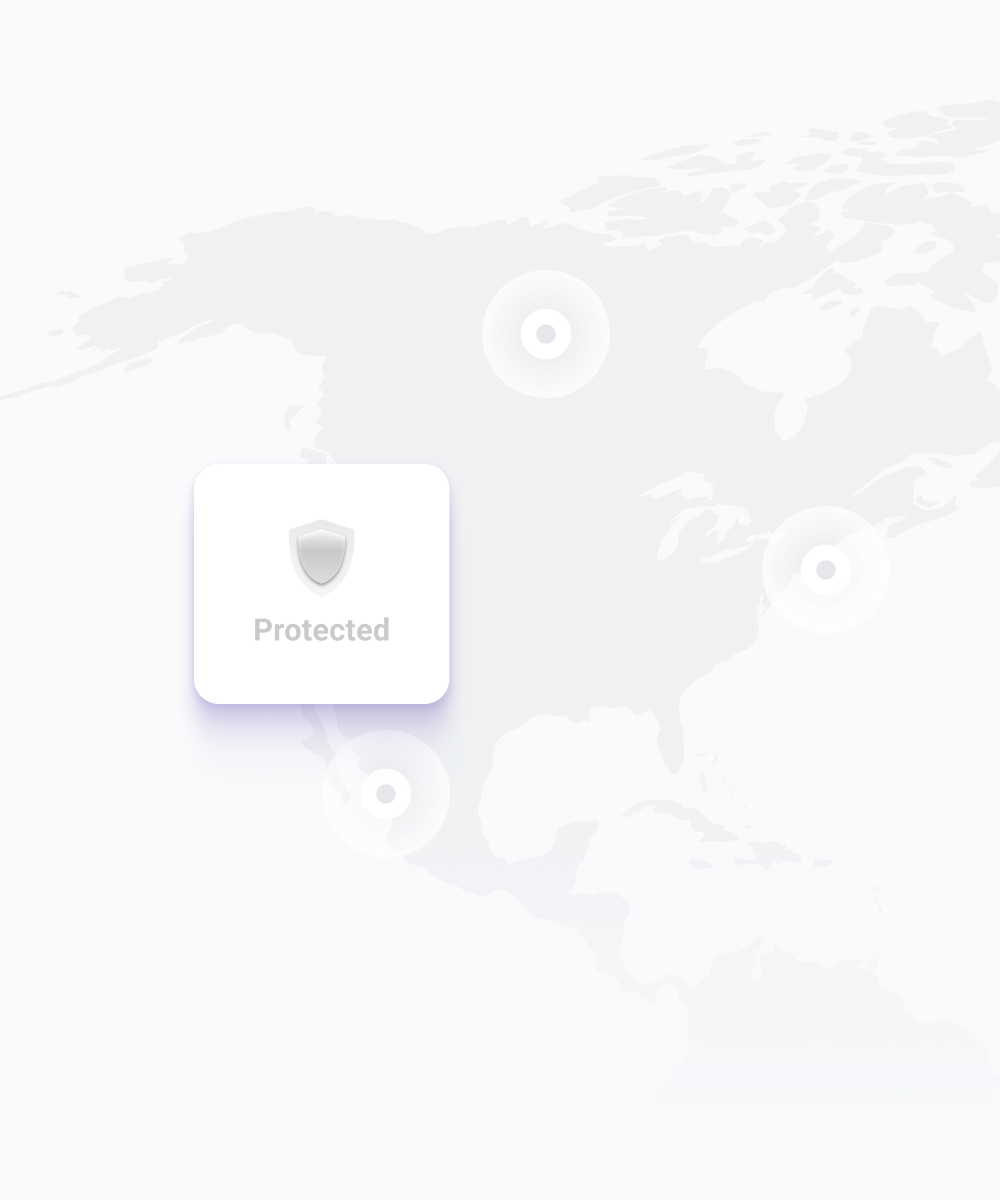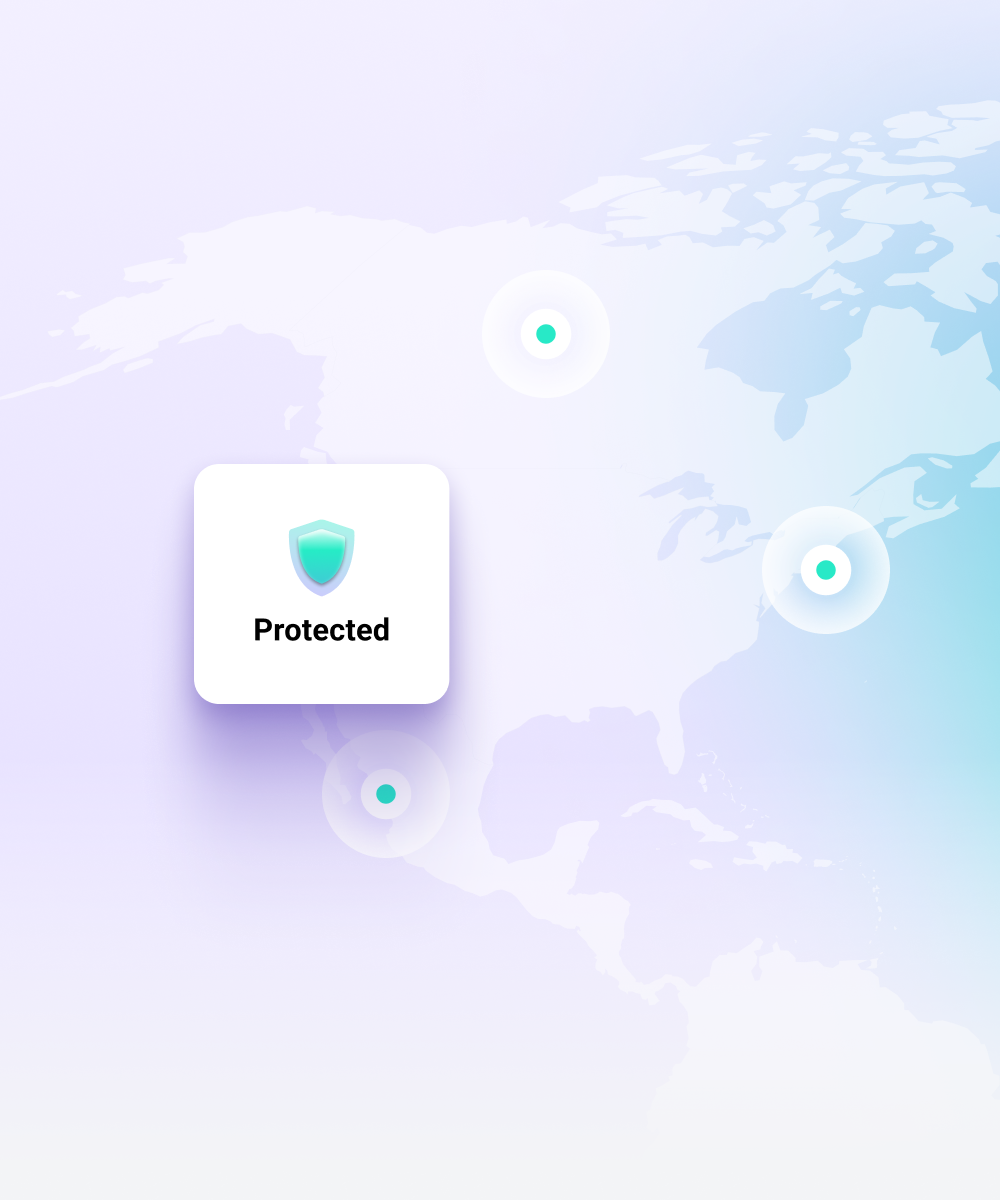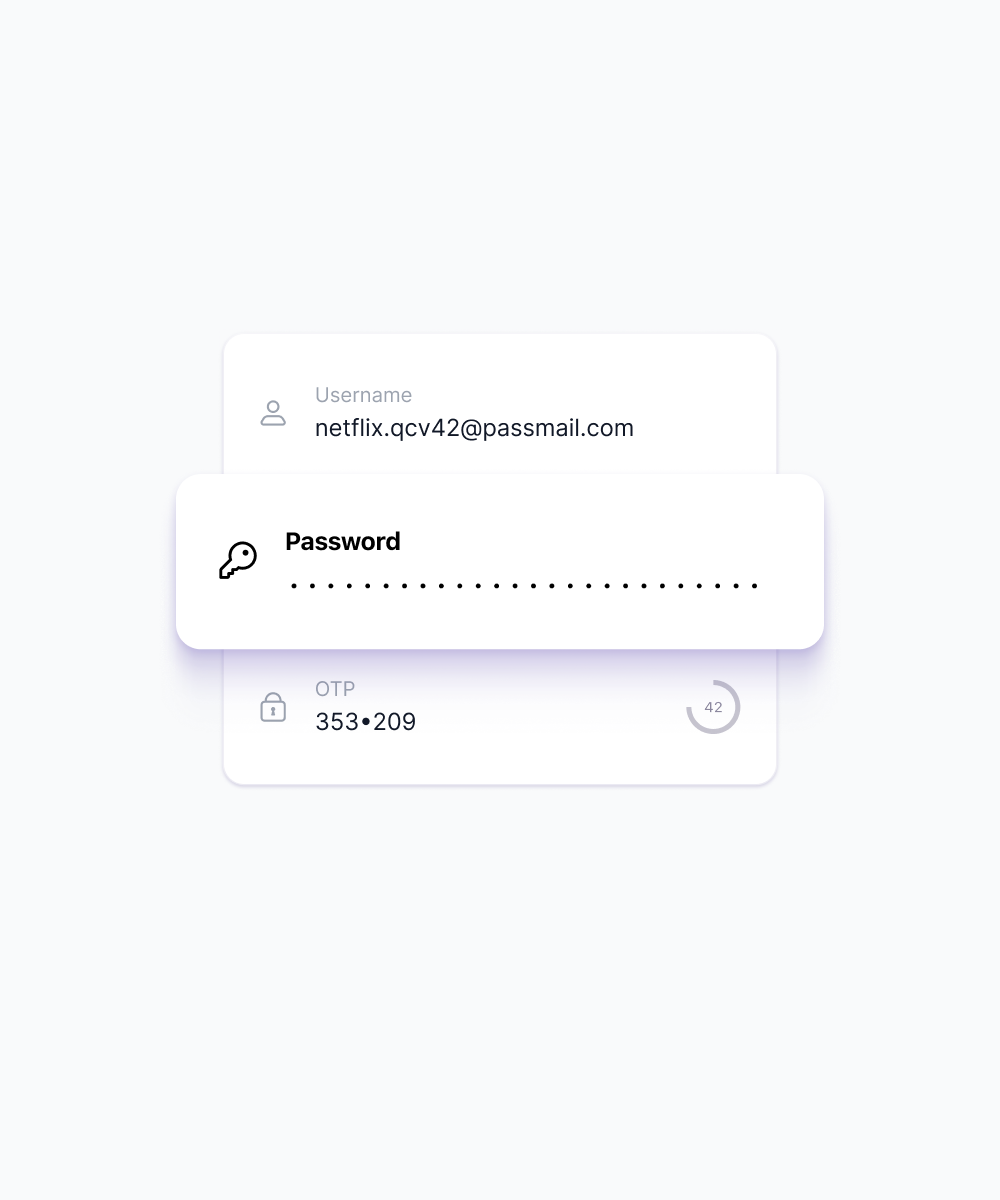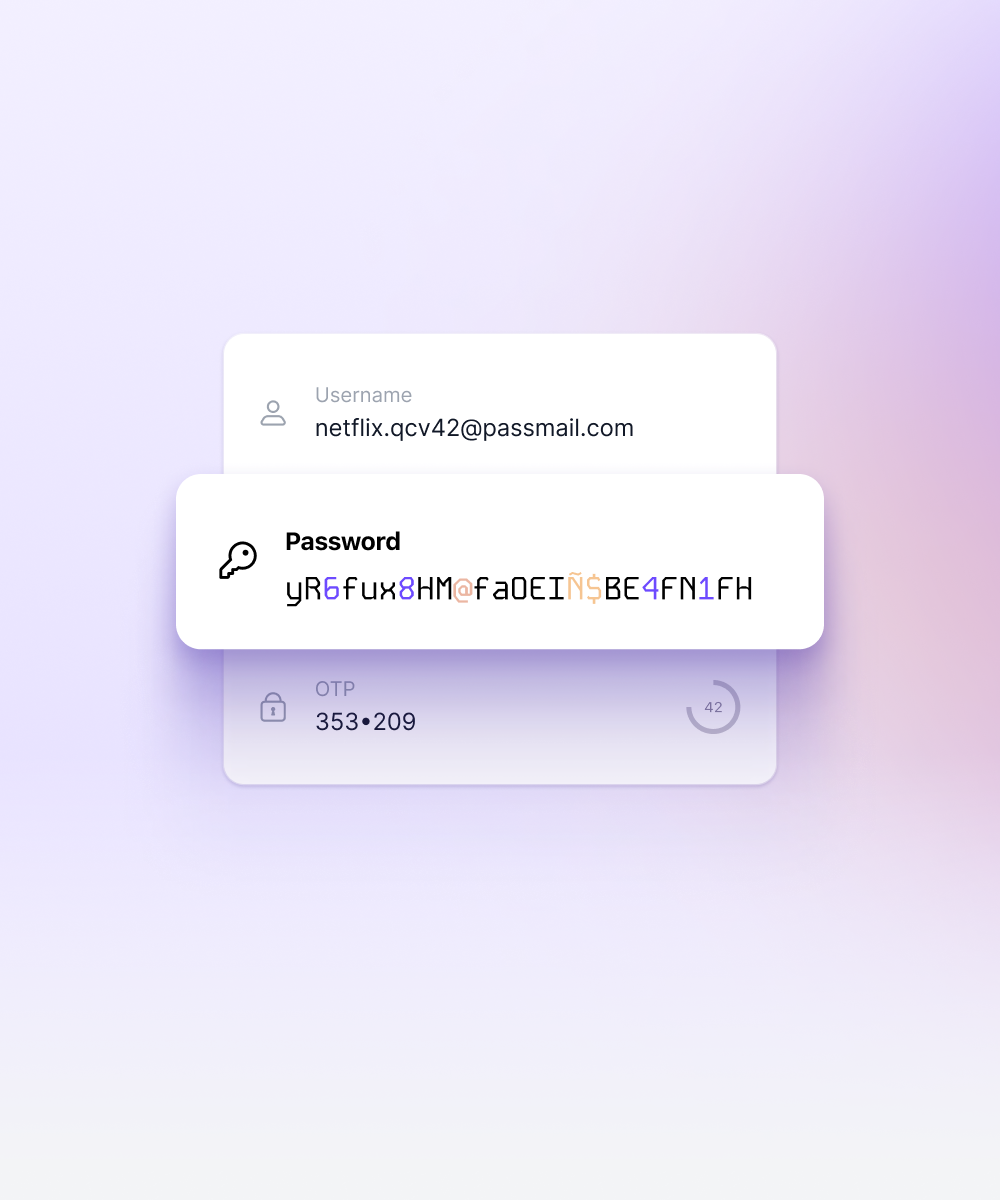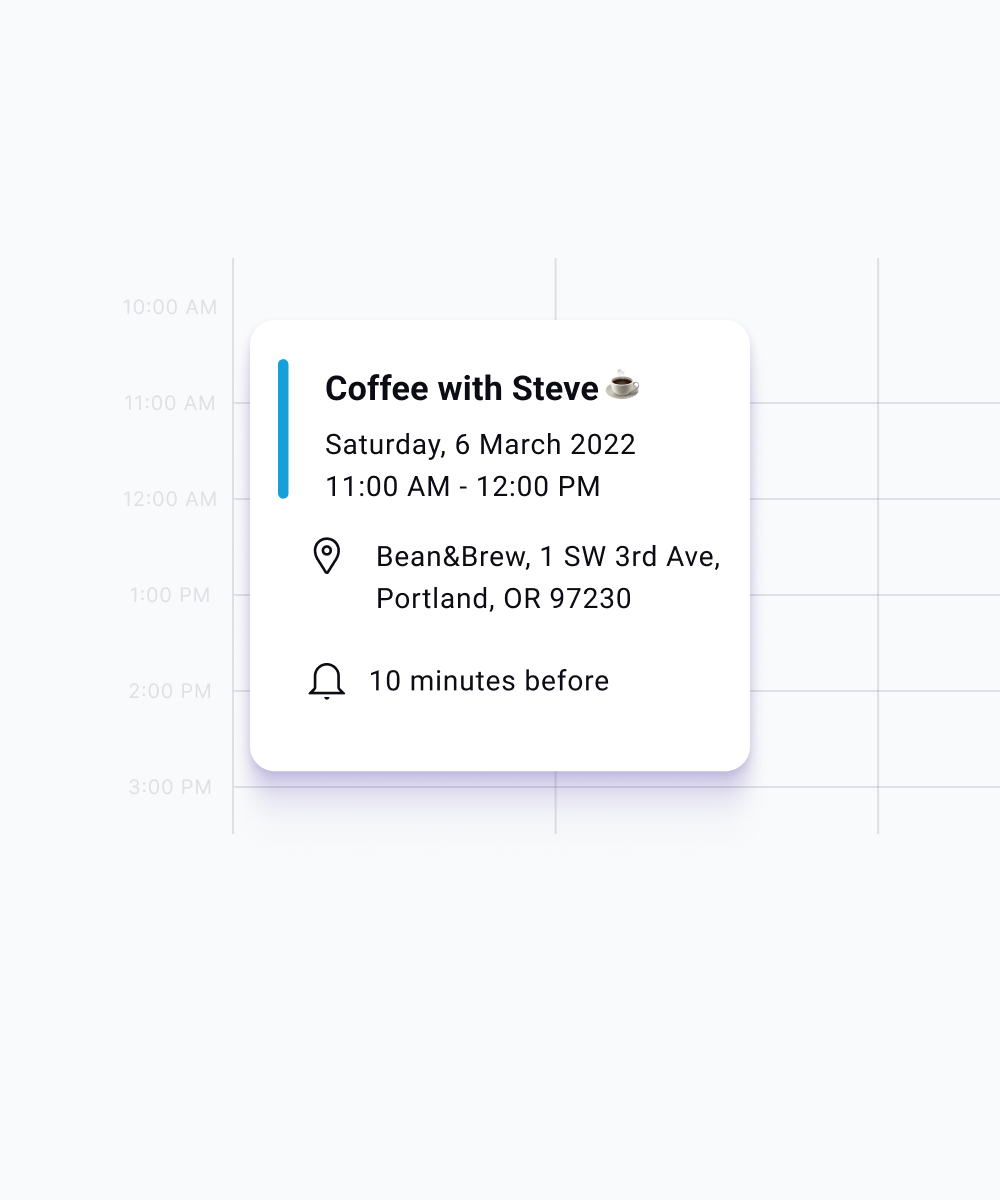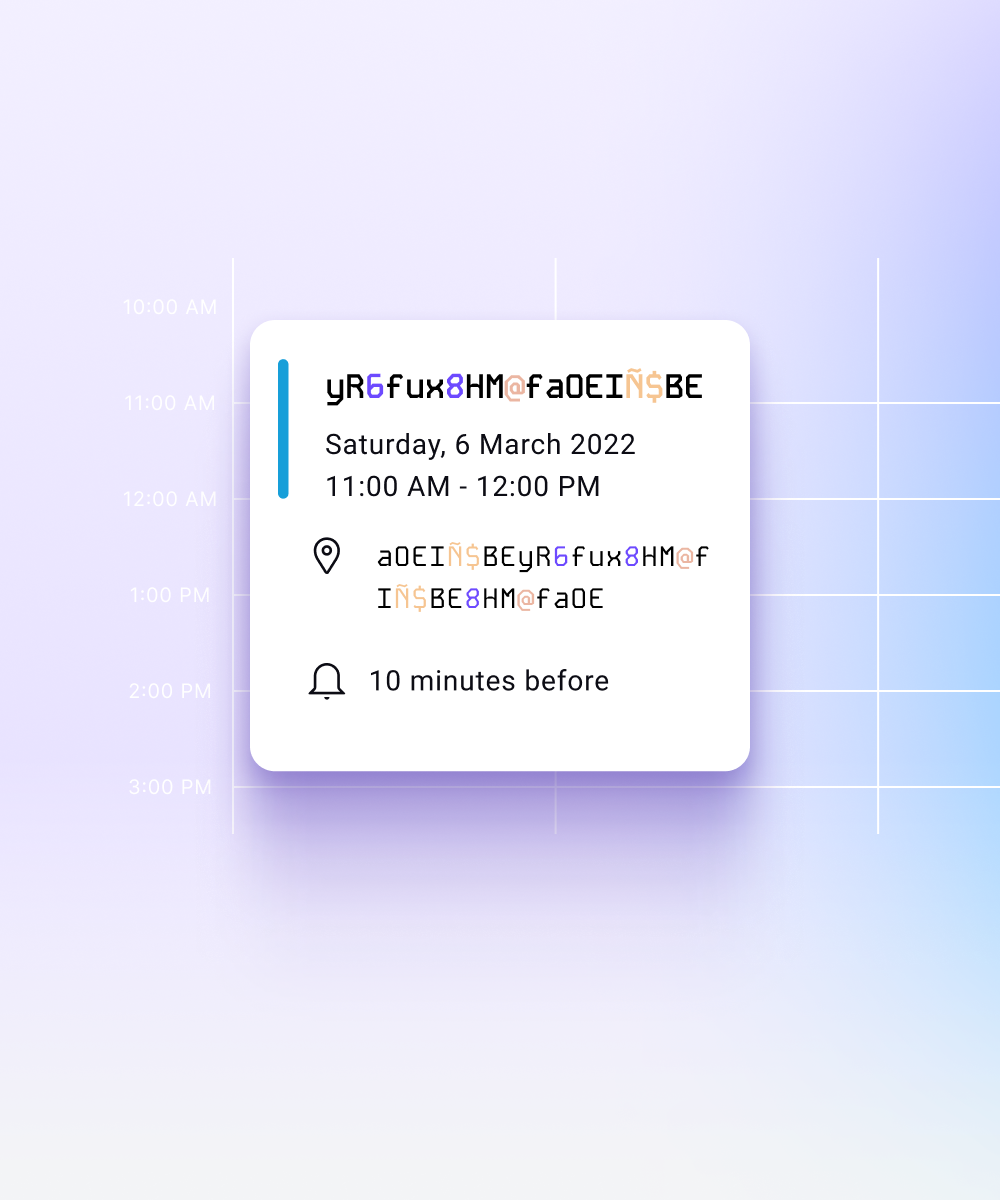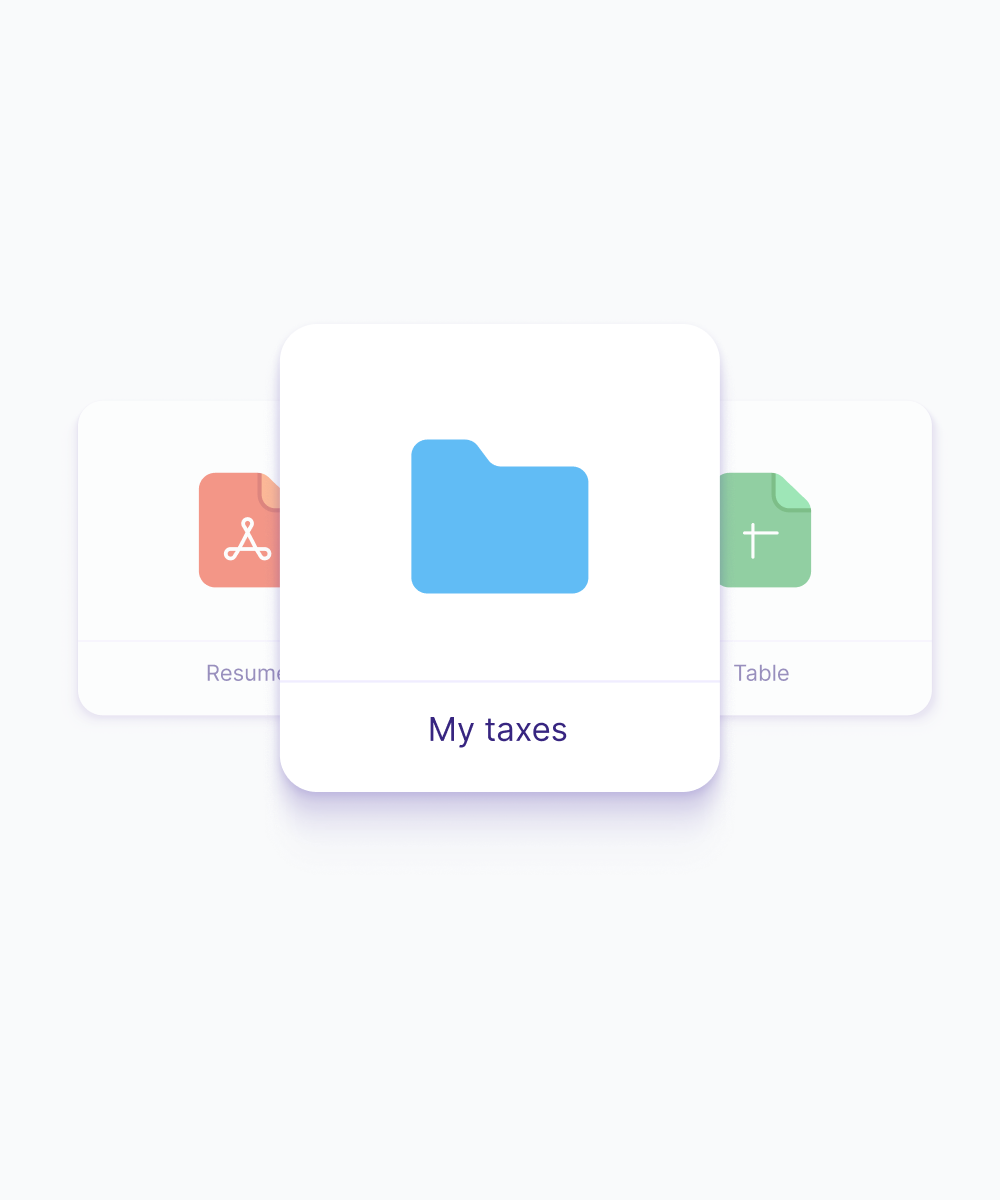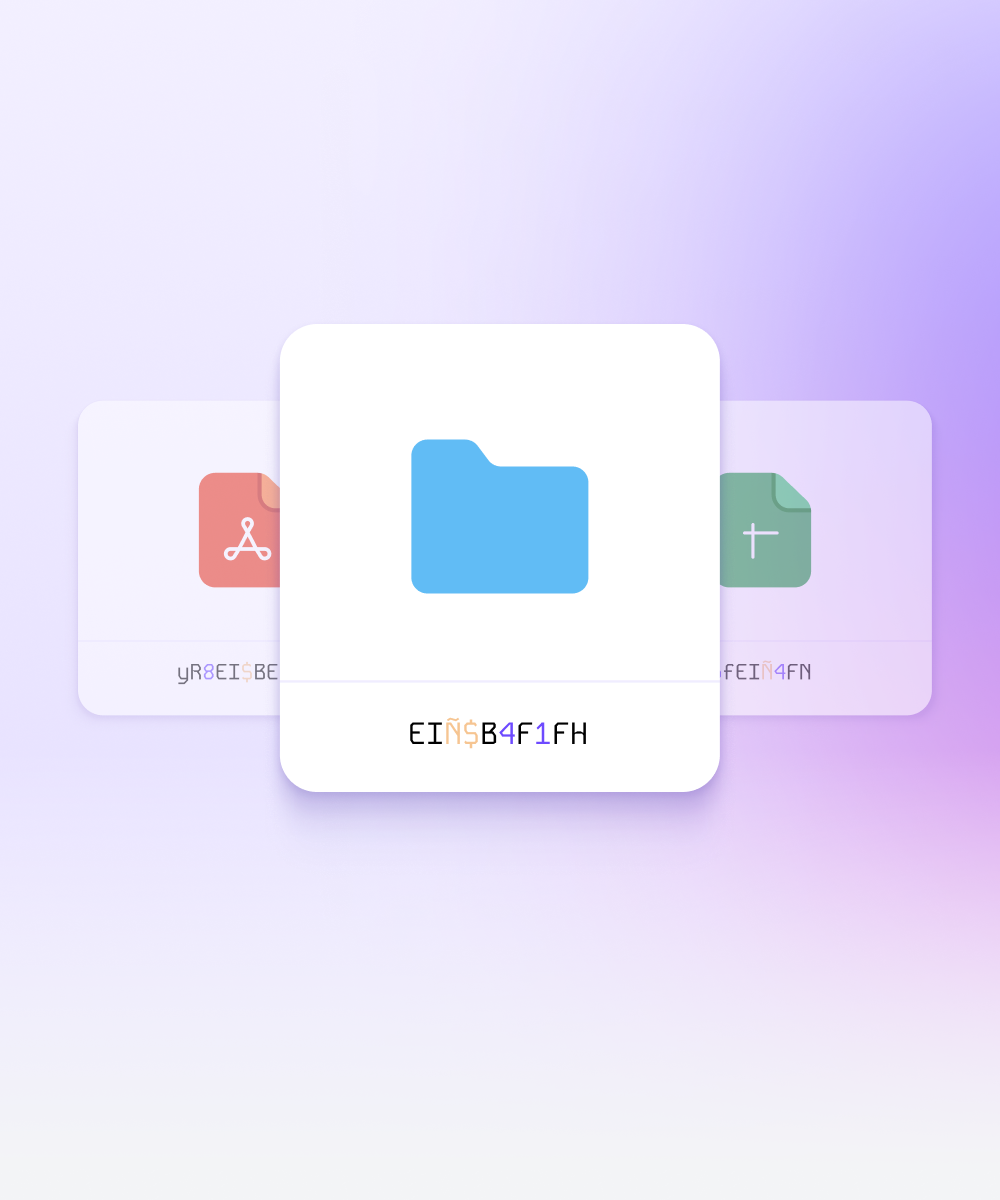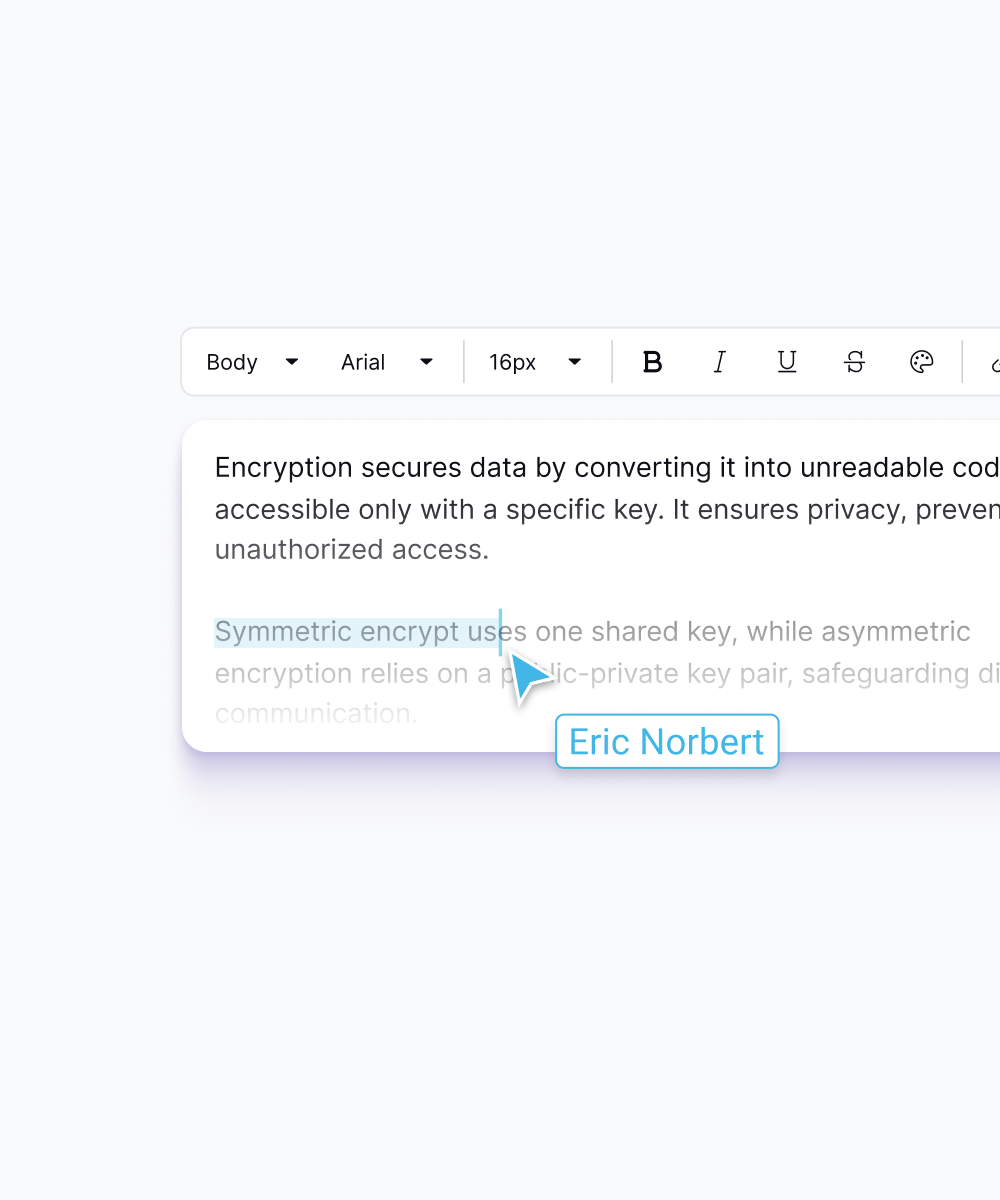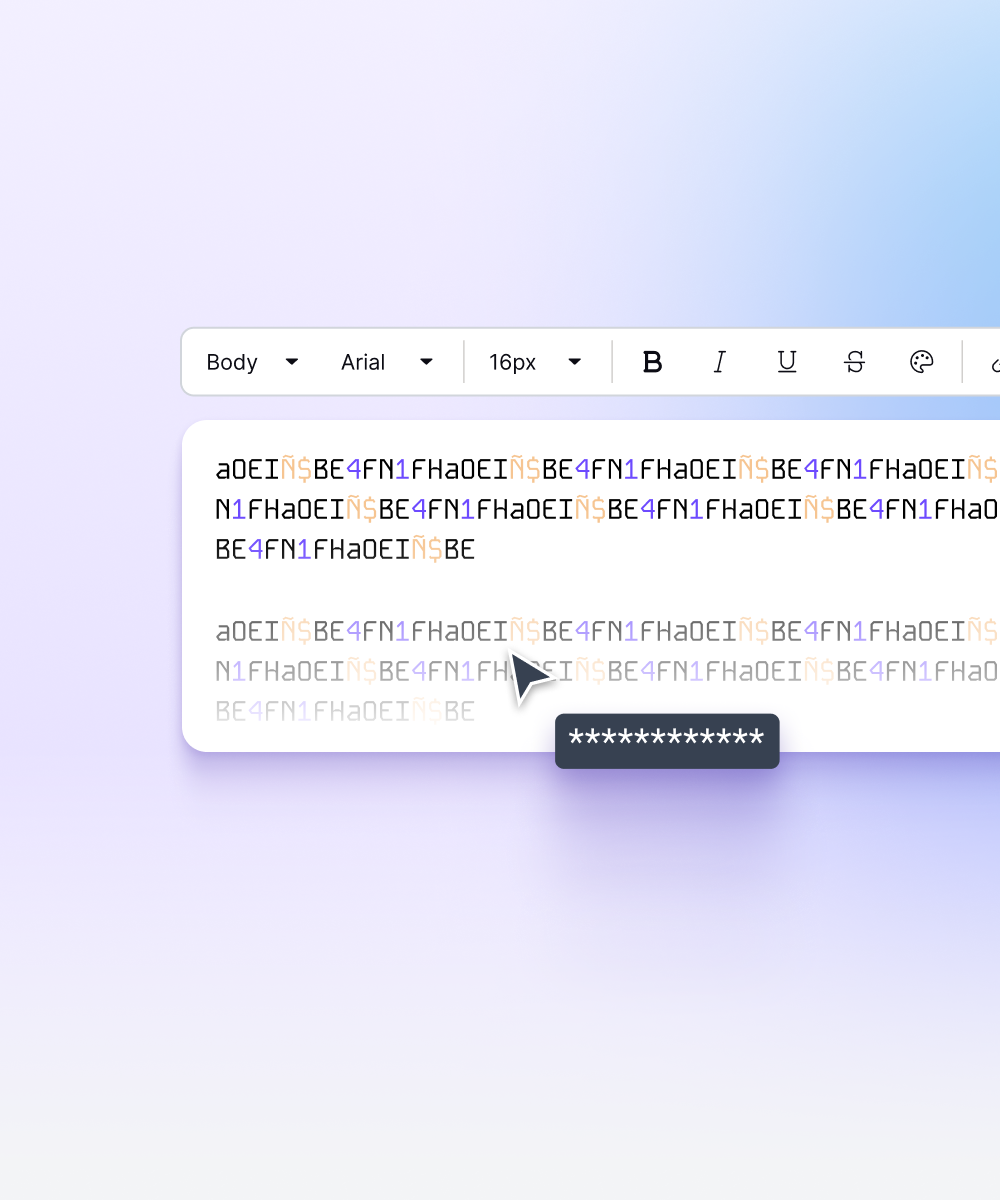Что такое шифрование с нулевым доступом?
Шифрование с нулевым доступом означает, что только вы можете читать свои данные — ни ваш провайдер услуг, ни кто-либо еще.
Этот тип шифрования гарантирует, что только вы, владелец данных, можете расшифровать и прочитать свою информацию. Оно сохраняет ваши сообщения, файлы и другие данные полностью конфиденциальными, даже от провайдера услуг, который их хранит. Это защищает вашу информацию от несанкционированного доступа, утечек или запросов правительства.
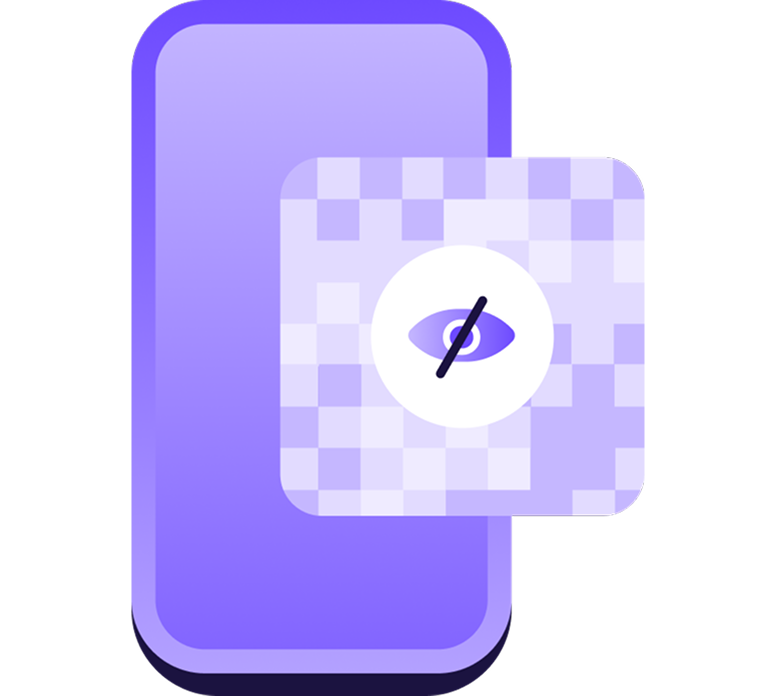
Почему это важно?
Большинство крупных технологических компаний, таких как Google и Yahoo, не используют шифрование с нулевым доступом. Это означает, что они могут читать ваши сообщения и файлы после их сохранения на своих серверах.
Proton использует шифрование с нулевым доступом для защиты ваших данных в состоянии покоя. Только вы владеете ключами для доступа к нему. Это означает, что никто другой (даже мы) не может получить доступ или прочитать ваши электронные письма после их доставки и сохранения на наших серверах.
Более того, если бы Proton стал жертвой кибератаки, ваши электронные письма остались бы нечитаемыми благодаря шифрованию с нулевым доступом.
Зачем мне нужно шифрование с нулевым доступом?
Сквозное шифрование требует, чтобы отправитель и получатель имели ключ для расшифровки сообщения, но это может быть сложно реализовать в случае электронной почты, если отправитель и получатель не используют одного и того же поставщика услуг.
Шифрование с нулевым доступом добавляет еще один уровень безопасности, защищая ваши данные в состоянии покоя (когда они хранятся на наших серверах). Это означает, что даже если ваш получатель использует менее безопасный сервис, ваше сообщение остается зашифрованным и нечитаемым в нашей системе.
Используя шифрование с нулевым доступом в сочетании со сквозным шифрованием, ваши сообщения останутся зашифрованными при передаче и на наших серверах, независимо от того, какого почтового провайдера использует ваш получатель.
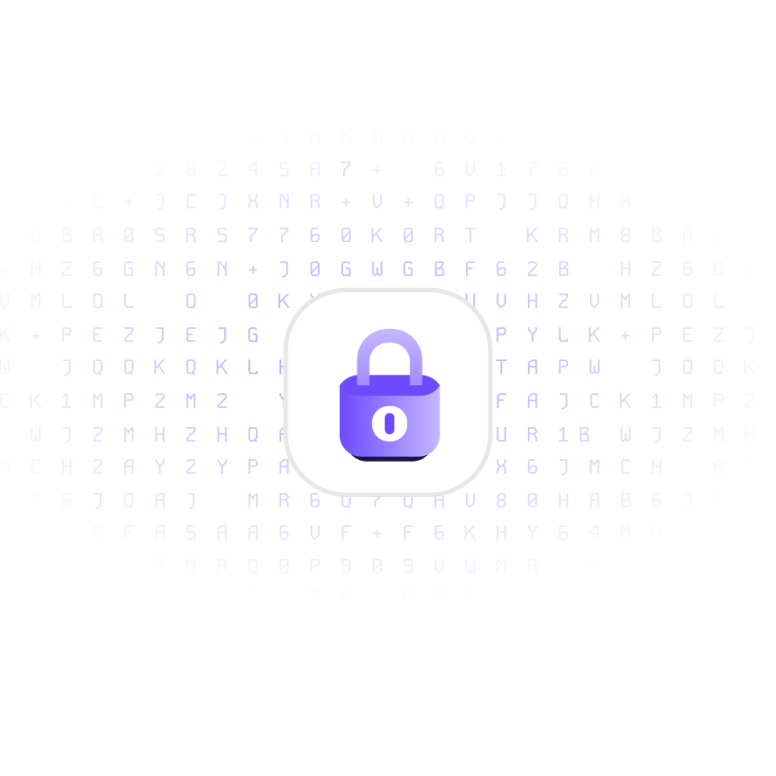
Вы контролируете свои данные
Шифрование с нулевым доступом встречается редко, поскольку крупнейшие интернет-провайдеры электронной почты по своей конструкции имеют доступ к вашей электронной почте в состоянии покоя.
Используя содержимое ваших сообщений, эти компании могут продавать эти данные рекламодателям и маркетологам, которые используют эту информацию для создания подробных профилей о вас и ваших привычках в Интернете.
При шифровании с нулевым доступом ваши данные не собираются и не выставляются на продажу. Вместо этого вы всегда сохраняете контроль над своей личной информацией.
Защищайте свои данные в любое время
Шифрование с нулевым доступом гарантирует, что ваши данные всегда защищены, например, при хранении в облаке или в папке «Входящие» на сервере вашего почтового провайдера.
Благодаря такому типу шифрования даже хакеры не смогут расшифровать ваши сообщения в случае утечки данных. Как пользователь Proton, ваша конфиденциальная информация никогда не будет доступна — даже нам.
Надежная защита
Поскольку шифрование с нулевым доступом защищает ваши данные в состоянии покоя, Proton использует как шифрование с нулевым доступом, так и сквозное шифрование для защиты ваших данных на каждом этапе.
Proton Mail никогда не имеет доступа к вашим сообщениям, и поскольку ваши электронные письма всегда зашифрованы, попытки взлома ваших данных легко пресекаются. В совокупности эти два метода значительно снижают уязвимости безопасности и гарантируют, что ваши данные всегда находятся в безопасности и под защитой.
Готовы удвоить свою безопасность?
Верните контроль над своими данными, создав бесплатный аккаунт Proton сегодня.
